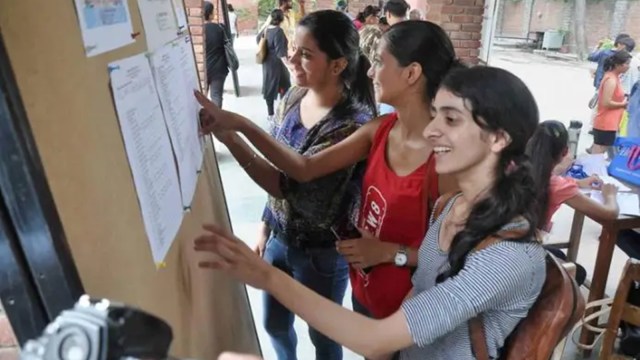FRA puts cap on ‘deposit’ charged by pvt colleges offering health science courses
Mohmmad Najmoddin from Markazi Taleemi Board Maharashtra which is an education and advocacy organisation, said, “Medical admissions in state have already commenced and now seat allotment will start.
 The interest accrued on such deposits to be shown in the accounts of the institute offered for fee fixation as a sepearate head of income," states the order by the FRA. (File Photo)
The interest accrued on such deposits to be shown in the accounts of the institute offered for fee fixation as a sepearate head of income," states the order by the FRA. (File Photo)The Fee Regulatory Authority (FRA) of Maharashtra has brought cap on the “deposit” charged by private colleges offering health science courses under different headings such as laboratory, library and hostel.
While for B.Sc. in Nursing, colleges cannot charge more than Rs 10,000 as caution money, for MBBS it cannot exceed Rs 50,000. “The amount collected from the students as refundable caution money shall be kept in seperate bank account and be periodically invested with nationalised bank. The interest accrued on such deposits to be shown in the accounts of the institute offered for fee fixation as a sepearate head of income,” states the order by the FRA.
The order cited various examples of hefty amounts going upto multiple lakhs, charged by private colleges in the name of deposits under various headings such as caution money, refundable deposit for laboratory, library, hostel among all.
Pointing out that various directives in the past about charging reasonable deposit money have not been followed by private colleges offering health science course, the order states that the FRA is constrained to invoke its power “to put ceiling over the collection of amount from the students as caution money and other deposits/charges in order to stop the exploitation of the students and further prohibit such institutes/colleges running health science courses from indulging into act of profiteering .” However, concerns have bene raised on effective implementation of the directives.
Mohmmad Najmoddin from Markazi Taleemi Board Maharashtra which is an education and advocacy organisation, said, “Medical admissions in state have already commenced and now seat allotment will start. At this time, it will be important to see how private colleges are following the FRA order. And more importantly whether strict action will be taken against those who are in violation of these new norms.”







